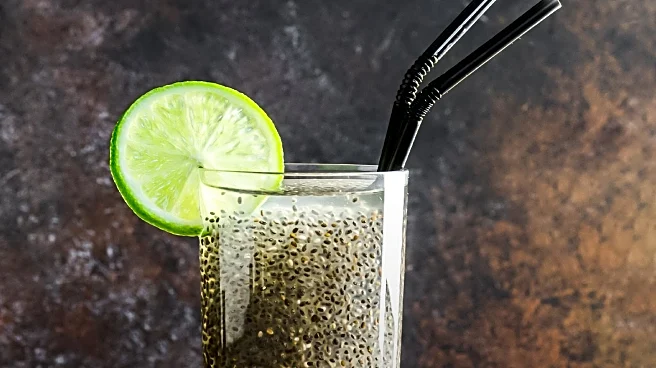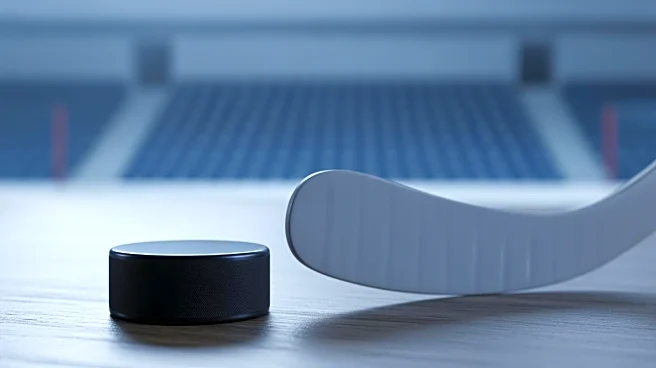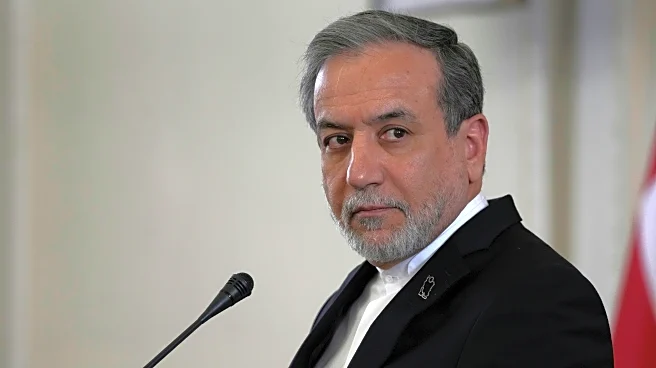What's Happening?
The magnesium mocktail, popularly known as the Sleepy Girl Mocktail, has gained traction on social media platforms like TikTok and Instagram as a non-alcoholic drink that purportedly aids in better sleep. The drink typically combines tart cherry juice, magnesium powder, and a splash of sparkling water or prebiotic soda. Tart cherry juice is known to contain melatonin and tryptophan, which are associated with sleep regulation. Magnesium is involved in muscle relaxation and nerve transmission, and its deficiency has been linked to sleep disturbances. Despite its popularity, scientific evidence supporting the mocktail's effectiveness is not robust. Studies on the subject are often small, short-duration, or yield mixed results. The ritual of preparing the drink and maintaining sleep hygiene, such as avoiding screens and dimming lights, may contribute more to sleep improvement than the ingredients themselves.
Why It's Important?
The rise of the magnesium mocktail highlights the growing interest in alternative and non-pharmaceutical sleep aids. As sleep issues become more prevalent, especially in the digital age, individuals are seeking natural remedies to improve sleep quality. However, the lack of substantial scientific evidence raises questions about the efficacy of such trends. While the mocktail may offer a placebo effect or benefit from the ritualistic aspect, it underscores the need for more comprehensive research into natural sleep aids. Consumers should be cautious and consult healthcare providers, especially if they have underlying health conditions or are taking medications that could interact with magnesium supplements.
What's Next?
As the magnesium mocktail continues to trend, it is likely that more individuals will experiment with it as part of their nightly routine. This could lead to increased demand for tart cherry juice and magnesium supplements. Researchers may also be prompted to conduct larger and more rigorous studies to better understand the mocktail's impact on sleep. Health professionals might start addressing the popularity of such trends in consultations, advising patients on safe practices and potential interactions with existing health conditions or medications.
Beyond the Headlines
The popularity of the magnesium mocktail reflects broader cultural shifts towards wellness and self-care, particularly among younger demographics. It also highlights the influence of social media in shaping health trends, where anecdotal evidence often precedes scientific validation. This trend may encourage individuals to explore other aspects of sleep hygiene, such as establishing consistent routines and reducing screen time before bed, which are proven to enhance sleep quality.










